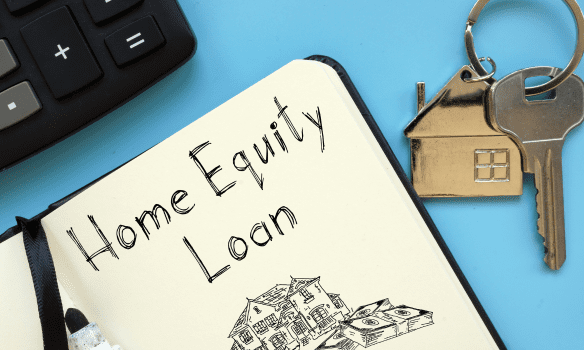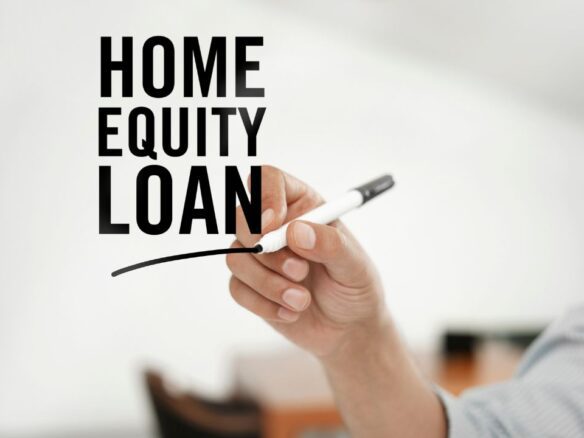The down payment is one of the most important financial factors when buying a home. The sum of money a buyer must pay in advance to obtain a mortgage on a property is known as the down payment. Understanding down payments and how to make the best choice is crucial. We will provide you with a thorough overview of how to determine the appropriate down payment for your real estate finance in this article.
Table of Contents
Understanding the Down Payment
Advantages of a High Down Payment
Disadvantages of a High Down Payment
Advantages of a Low Down Payment
Disadvantages of a Low Down Payment
How to Calculate the Right Down Payment
Factors to Consider When Choosing a Down Payment
Other Fees to Consider
Alternatives to a Down Payment
Conclusion
FAQs
Understanding the Down Payment
A buyer pays a down payment, which is a part of the entire cost of the property, upfront. A mortgage or loan is then used to fund the remaining sum. A down payment is typically stated as a percentage of the total price of the property. For instance, if you’re paying a 20% down payment on a $300,000 house, you’ll need to put down $60,000 upfront.
Advantages of a High Down Payment
A large down payment has a number of benefits, including:
Lower Monthly Payments
More down payments result in reduced borrowing costs, which lowers your monthly payments.
Lower Interest Rates
Buyers who make a larger down payment are more likely to receive lower interest rates from lenders. They believe these buyers to be less dangerous and more likely to repay the loan, thus the reason.
Equity Build-Up
You have more equity in the home if you make a large down payment. Equity is the difference between the value of the property and the mortgage balance. Financial stability increases with the amount of equity you have.
Avoiding Private Mortgage Insurance
The majority of the time, lenders demand that you pay for private mortgage insurance if you make a down payment of less than 20%. (PMI). In the event that the borrower defaults on the loan, PMI serves as additional insurance for the lender. You can avoid paying PMI by making a larger down payment.
Disadvantages of a High Down Payment
While making a large down payment, there are a few drawbacks to take into account, such as:
Tying Up Your Cash
A big down payment indicates that you are locking up a sizeable sum of money. This money could be put into other investments or used in an emergency.
Opportunity Cost
Higher down payments prevent you from using that money for other investments. You’ve lost out on prospective gains if the investment could have generated greater income than the mortgage’s interest rate.
Advantages of a Low Down Payment
Low down payments have some benefits, including:
More Cash on Hand
You might utilize the extra income you have from a lesser down payment for other investments or unexpected expenses.
Opportunity Cost
You can invest the money you save up after putting a smaller down payment somewhere else. You might make more money if the investment outperforms the mortgage interest rate.
Disadvantages of a Low Down Payment
However, there are some drawbacks to taking into account while making a small down payment, including:
Higher Monthly Payments
Your monthly payments will be greater if you make a smaller down payment since you will have to borrow more money.
Higher Interest Rates
Buyers who make a smaller down payment are more likely to receive higher interest rates from lenders. For this reason, they believe these customers to be riskier and less likely to return the loan.
How to Calculate the Right Down Payment?
You must take into account a number of elements, including your financial status, your ambitions, and the cost of the property to determine the appropriate down payment. Here is a step-by-step explanation of how to determine the appropriate down payment:
Choose your budget:
You must first decide your budget before you can begin shopping for a house. To figure out how much you can spend on a house, add up your monthly income, expenses, and debts.
Calculate the total cost of the property:
which includes the down payment, closing costs, and additional fees. To obtain an exact estimate, be careful to take all expenses into account.
Decide on the down payment percentage:
Select the down payment percentage based on your financial position and ambitions. Usually, a 20% down payment is advised, however, you can put down a smaller or higher amount depending on your needs.
Calculate the down payment amount:
Calculate the down payment amount by calculating the entire cost of the property by the down payment % after deciding on the down payment percentage.
Evaluate your financial situation:
In order to ascertain whether you can afford the down payment amount, evaluate your financial status. Consider putting a smaller down payment down or looking for a less expensive property if you can’t afford the down payment.
Factors to Consider When Choosing a Down Payment
Several aspects need to be carefully taken into account when deciding on the down payment. These are some things to think about:
Your Financial Situation
Your financial position is a very important consideration when choosing the appropriate down payment. To figure out how much you can afford to pay, you must take into account your income, spending, and debts.
The Property’s Price
The cost of the property should also be taken into account when determining the appropriate down payment. A larger down payment will be needed for a property that is more expensive than one that is less expensive.
Your Goals
Your objectives are crucial in choosing the appropriate down payment. A larger down payment might be a wise choice if you want to remain in the house for an extended period of time. On the other hand, making a smaller down payment can be preferable if you intend to sell the house after a few years.
The Lender’s Requirements
When it comes to down payments, different lenders have varying criteria. Be careful to ask your lender what the minimal down payment is in order to avoid disappointment.
Other Fees to Consider
When financing a house, there are additional costs outside the down payment to take into account. These costs consist of:
Closing Costs
Closing costs are expenses related to finalizing a real estate transaction. These costs frequently consist of appraisal fees, title fees, legal costs, and other costs.
Property Taxes
Property taxes are levied against property owners according to the property’s assessed value.
Homeowners Insurance
Homeowners insurance is a type of insurance that defends your home against loss or damage.
Alternatives to a Down Payment
There are other options to think about if you can’t afford to make a down payment or don’t want to invest your money, such as:
Gift Funds
Gift Money A family member or friend may provide money as a gift to help with the down payment.
Down Payment Assistance Programs
Programs that offer assistance with the down payment are intended to aid buyers. State or local governments typically sponsor these programs.
Low Down Payment Programs
A down payment of less than 20% is required under some lenders’ low down payment schemes.
Conclusion
When financing a house, a suitable down payment must be chosen. You may decide on the ideal down payment for your requirements by taking your financial condition, your ambitions, and other elements into account. Consider all the expenses related to financing a house, and if necessary, look into alternatives to a down payment. You may make a wise financial choice that satisfies your requirements and goals by taking the time to determine the appropriate down payment and consider your options.
FAQs
Is a 20% down payment always required?
No, it’s not always required to put 20% down. A down payment of less than 20% is required under some lenders’ low down payment schemes.
Can I use gift funds for my down payment?
Yes, you can use gifts from family or friends to help with the down payment.
What are closing costs?
Closing costs are the fees necessary to complete the sale of a property, including appraisal, title, and other fees.
How do I determine my budget?
Calculate your monthly income, spending, and debts to create a budget that can help you decide how much you can spend on a home.
What are some alternatives to a down payment?
Gift money, down payment assistance programs, and low down payment programs made available by lenders are a few alternatives to a down payment.






Join The Discussion